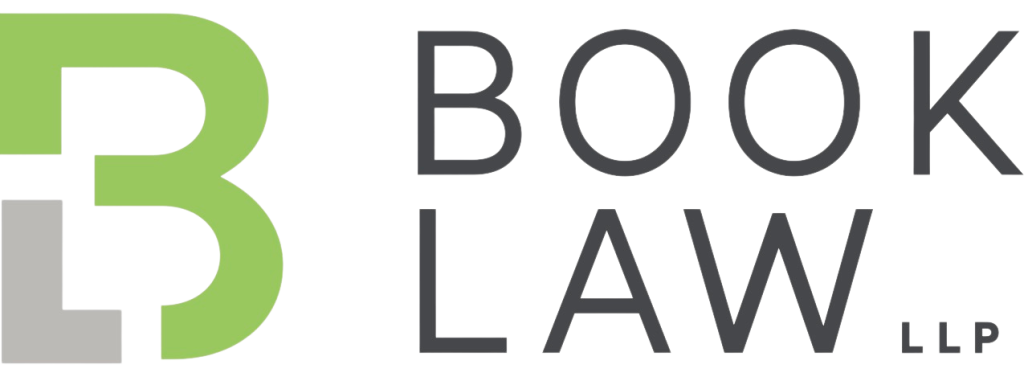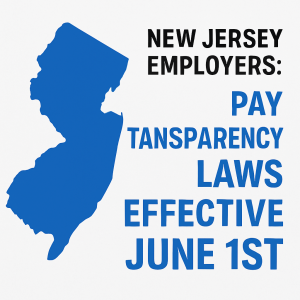New Discrimination Law – Height and Weight (UPDATE)
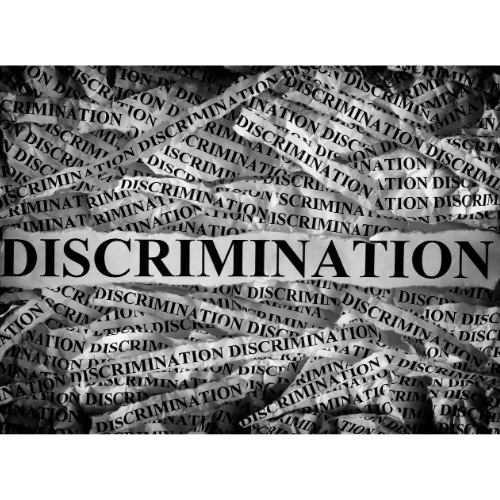
On May 26, 2023, NYC Mayor Eric Adams signed into law amendments to the NYC Human Rights Law banning height and weight discrimination in employment, public accommodations, and housing. The law includes height and weight as protected characteristics together with race, religion, and disability. The amendments will take effect 180 days after signature, which will […]
SDNY Ruling Allows Entire Lawsuits to Proceed in Court if a Single Claim Cannot be Arbitrated

On March 3, 2022, President Biden signed into law the Ending Forced Arbitration of Sexual Assault and Sexual Harassment Act of 2021 (“EFAA”). Under this law, employers cannot enforce pre-dispute arbitration agreements against persons who bring claims for sexual assault or sexual harassment that occurred on or after March 3, 2022. Employees and others who […]
New York Amends Statewide Pay Transparency Law
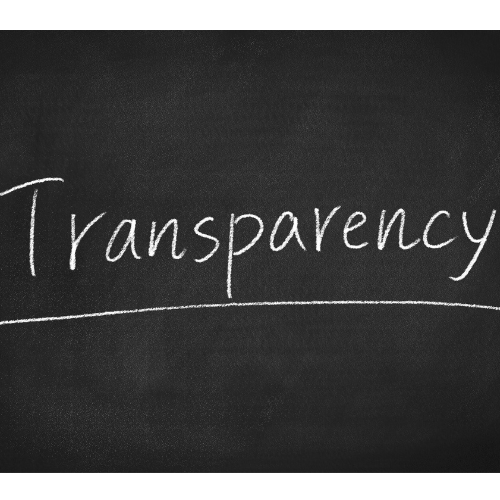
On March 3, 2023, NY Governor Kathy Hochul signed a series of amendments to the New York Pay Transparency Law (“NYPTL”) into law. The NYPTL takes effect on September 17, 2023 and will require covered employers to include the following information in advertisements for internal and external “job, promotion, or transfer opportunities”: The compensation or […]
US Department of Labor Issues New Guidance on Mental Health Conditions and the FMLA

In honor of Mental Health Awareness Month, the Wage and Hour Division of the U.S. Department of Labor (“US DOL”) has issued new guidance and answers to Frequently Asked Questions (“FAQs”) to help clarify when eligible employees of covered employers may use FMLA leave for their own or a family member’s mental health condition. As […]
Update on NYC Salary Disclosure Law: Effective Date Pushed Until November 1, 2022

Earlier this year, New York City passed Local Law 32 of 2022, requiring employers to include a “good faith” salary range in every advertisement for jobs, promotions and transfer opportunities in New York City. You can read more about the original law, which was first set to become effective on May 15, in our blog […]
Employers Prohibited from Forcing Arbitration of Sexual Assault and Sexual Harassment Claims
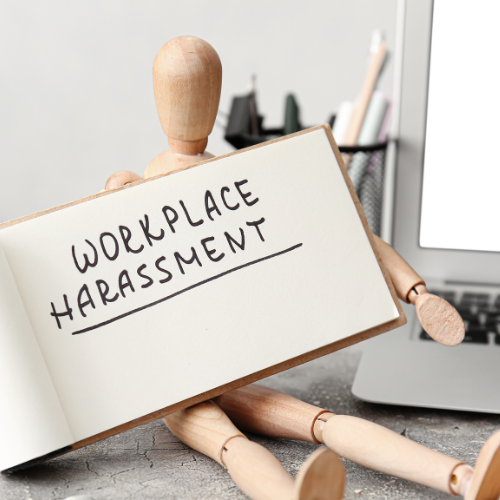
On March 3, 2022, President Biden signed into law the Ending Forced Arbitration of Sexual Assault and Sexual Harassment Act of 2021. This Act allows individuals asserting claims of workplace sexual assault or sexual harassment to file their case in court, even if they signed pre-dispute arbitration agreements. The Act also allows individuals to bring […]
New York State Amends its Workplace Discrimination Laws

New York State recently amended its Human Rights Law to expand protections against workplace discrimination. Governor Hochul signed three bills that amend the law in the following ways: Under Senate Bill S5870, an employer’s release of an employee’s personnel file may be considered unlawful retaliation against an employee who complains about workplace discrimination. The law […]
NYC Salary Disclosure Law Goes Into Effect May 15, 2022
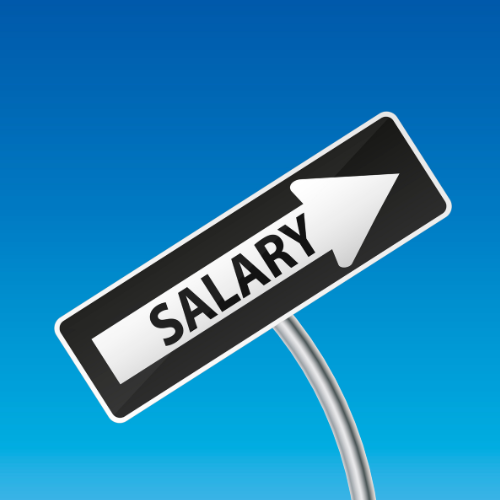
Under New York City Local Law 32 of 2022, which is scheduled to go into effect on May 15, 2022, employers and employment agencies will be required to include a “good faith” salary range in every advertisement for jobs, promotions and transfer opportunities in New York City. The NYC Commission on Human Rights recently released […]
NYS Expands General Contractors’ Liability for Subcontractors’ Failure to Comply with Wage & Hour Laws

New York State continues to expand wage-theft protections for workers in the construction industry — and the potential scope of liability for employers in that industry. Last month, Governor Hochul signed legislation creating a new Section 198-e of the New York Labor Law. Under that Section, any “contractor” (defined broadly) who enters into a “construction […]
NYS DIVISION OF HUMAN RIGHTS SAYS NO MORE PRIVATE SETTLEMENTS

For complaints filed on or after October 12, 2021, the New York State Division of Human Rights (“NYS DHR” or the “Division”) will no longer issue Commissioner’s Orders discontinuing complaints after private settlements. This is a significant change to the NYS DHR’s long-standing practice of allowing parties to privately settle complaints before case closure in […]
